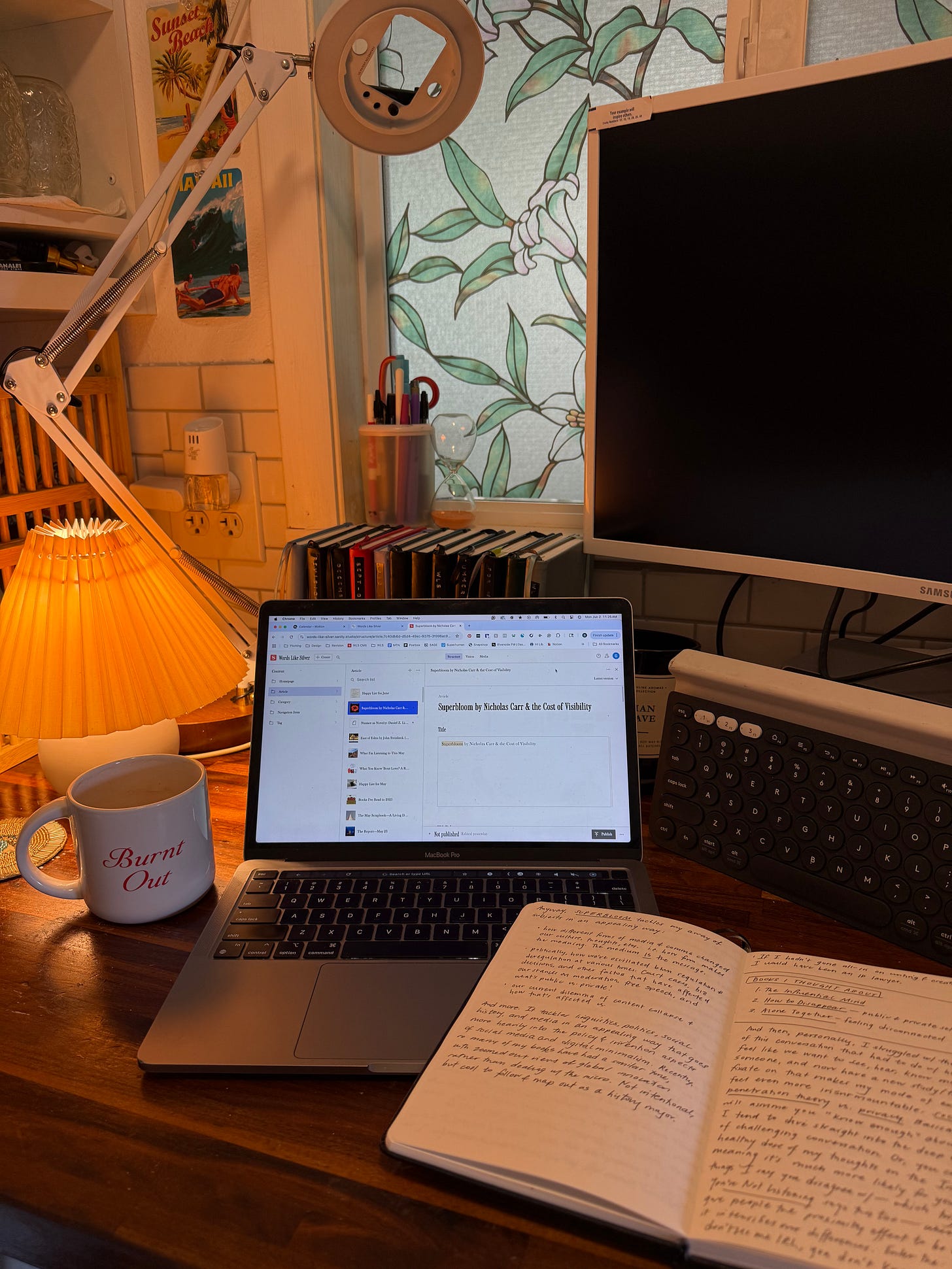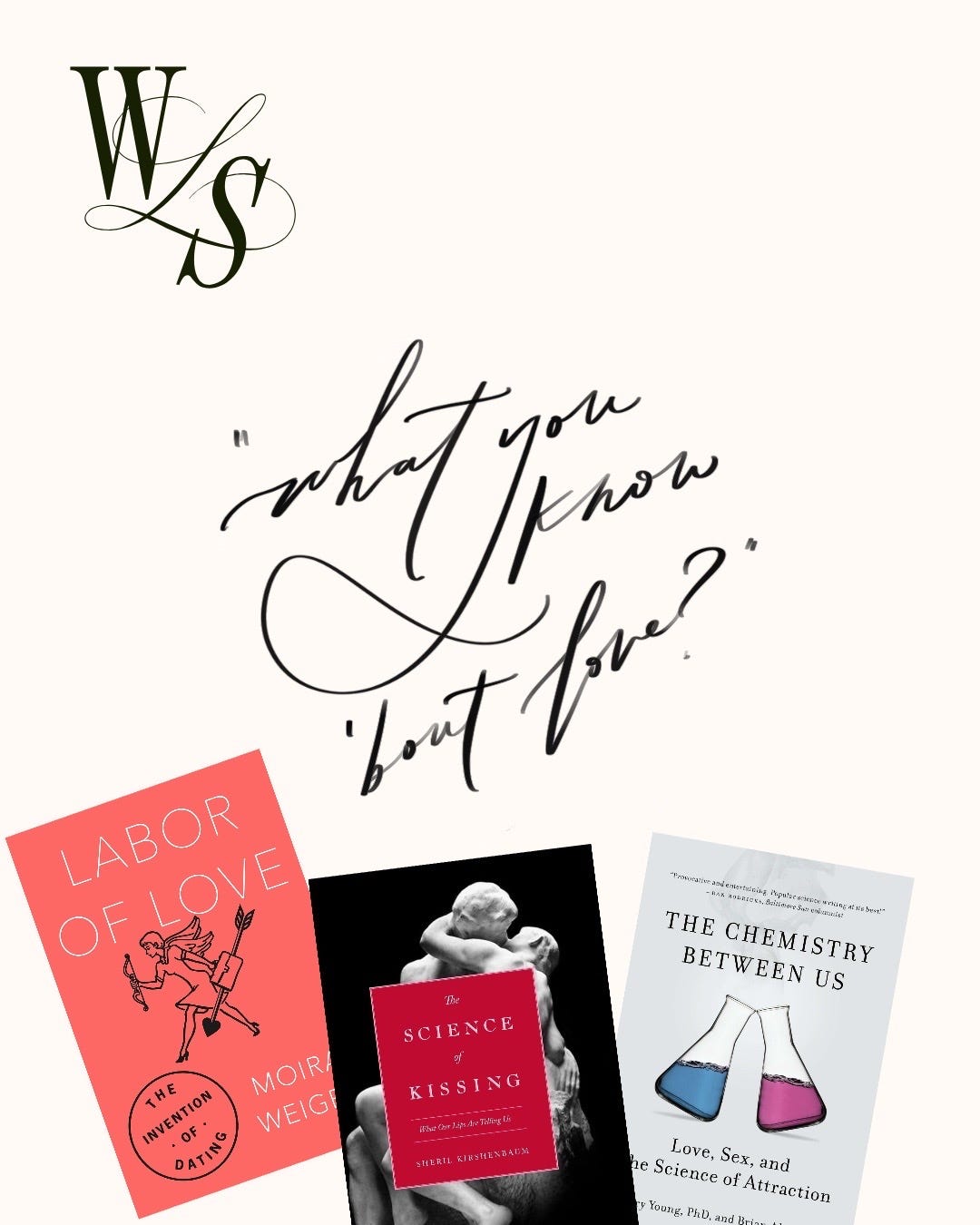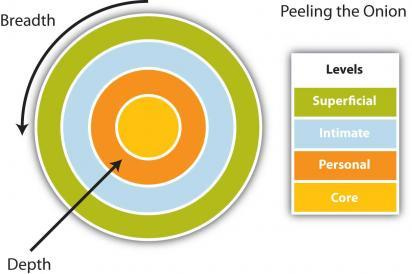No. 2: Who Do You Know Here?
The best of WLS this week: performance vs. authenticity, the "idea of" you, the flattening of the Internet, etc,.
My reading list lately has dealt a lot with the tension between authenticity and performance, and my broader fatigue that sharing anything at all in an algorithm-fueled ecosystem makes absolutely everything feel performative. The fiction’s based on compartmentalization and what it means to romanticize someone (shockingly not including the book The Idea of You, but you can go there if you’d like.) My nonfiction has dealt with vulnerability, issues of connection, digital minimalism, and more.
In a culture where we live so much of our lives online—you’ll spend eleven years of your life scrolling, by the way1—questioning how it fragments our sense of identity/connection feels necessary. I often want to pull a Mary Oliver and ghost everyone entirely, but I deeply want to run Words Like Silver to its full potential, and ya girl is a novelist.
But part of why I haven’t yet been as consistent on Substack yet is that I struggle with the sense of flatness introduced as soon as a feed enters the picture. I might be more cynical than I thought. Sharing nowadays feels to me like oversharing, but staying hidden isn’t helpful either. I’m too aware of the dissonance embedded in the social media ecosystem, a gap between who we are and who we’re depicting that’s only widened over time—no matter how true to yourself you are when you post.
My book list lately has asked: when do you feel like you know anyone? What degree of seeing, understanding, trusting, etc,. do you need to really “get” someone? (The fear of the binary between knowing someone entirely and loving them appears in reads like Norwegian Wood, East of Eden, Flowers for Algernon, Consider the Lobster, and other books and collections I’ve explored this year.)
On Love by Alain de Botton, for example, would argue that you need a certain amount of dopamine-fueled ignorance at the beginning of getting to know anyone in order to decide to invest. So maybe reducing someone into a caricature/aesthetic/projection/etc,. is inevitable in human relationships.
And then, in the modern age, it’s impossible to avoid the awareness that digital living shortcuts real-life connection. But as both Superbloom by Nicholas Carr and The Anxious Generation by Jonathan Haidt point out—opting out doesn’t save you. You’re still living in a social network shaped by the participation of others in phones and devices. (I’ll talk about this more when I review The Extinction of Experience by Christine Rosen, which goes along with my curiosities about embodiment and what we learn by doing.)
We all suffer the consequences of paradox of choice and saturation, or social gatherings where everyone’s on their phone and/or everyone’s complaining about everyone else being on their phones. The crystallization may be inevitable, but the online reality makes it less likely we progress past first impressions or clickable aesthetics.
'With the advent of social media,’ Joinson and a group of his colleagues wrote in the book Privacy Online, ‘it is inevitable that we will end up knowing more about people, and also more likely that we end up disliking them because of it.’ — from Superbloom.
All we can do is try to mitigate the costs (and application) of new tech as it appears, because the effects are visible long after it’s become entrenched. Currently, I have this haunting sense that even genuine things, once posted, now feel ingenuine to me. The very act of hitting “post” warps them. The medium’s hijacked the message, and that makes me avoid certain platforms or types of expression.
People have talked lately about friction, and how friction is crucial to many of the activities (and yes, relationships) that actually make us happiest. Shortcutting that in convenience culture has left most of us feeling stunted (and no, this isn’t a new take.)
I’m upfront about wanting to grow WLS more for the sake of funding (i.e. more time), and I appreciate the conversations I have online. But, of course, participating in the mechanisms to get there will literally change my brain and desire, so there’s a tension baked into what I want vs. how to get there. So, as always, it’s reflected in my Words Like Silver reading list:
A Reading List for Loving vs. Projecting
East of Eden by John Steinbeck — a new favorite, interrogating self-conscious goodness and what is “real” about ourselves, faith in others, the relief of finally opening up, the consequences of blind spots, and how deifying someone else ultimately just harms both parties.
Superbloom by Nicholas Carr — a 2025 culture release arguing that the formats we use to communicate (telegram, phone, email, social media) fundamentally change the messages themselves. And yes, it does talk about AI. Also, I loved how much it dragged in re: politics, legal cases, etc,. because the regulation conversation is so huge in determining what’s of private vs. public concern.
I actually wrote a full reading list on romance, and how questioning connection on a broader level has made it even more difficult for me to get over some of my hangups about dating too. Because, of course, romance is “the idea of you” question on steroids, and definitely involves questions of what’s real vs. performance.
Other Books I Thought About
who influences us / The Influential Mind by Tali Sharot
struggling against the desire to ghost / How to Disappear by Akiko Busch
the sense that digital communication isn't connection at all / Alone Together by Sherry Turkle
not letting others see all of you / Flowers for Algernon by Daniel Keyes
the thrill of the chase (“the idea”) vs. the genuine connection (“the real”) / The Molecule of More by Daniel Z. Lieberman
every you, every me / Every You, Every Me by David Levithan
being overwhelmed by information overload / The Organized Mind by Daniel Levitin
(I have learned I love Davids and Daniels, ideally with L last names, writing books. Because damn?)
A Musing on Social Penetration Theory
I flesh this out in more detail in my Superbloom analysis, but I think understanding social penetration theory versus privacy regulation theory, both developed by the same researcher, makes this all make sense for me. (Here’s a great explanation.)
Basically, we go in layers when getting to know others. It’s even the premise behind the popular We’re Not Really Strangers card game, which I love. I worry now that the presence of my blog makes others go too deep with me too soon from a distance, versus taking the effort to know me on the shallow/goofy/whatever levels IRL, which curates the idea of myself as being '“too serious.”
My WLS self is an accurate version of me, and not the only one, but it primes others to expect—and almost coax out—a singular side. And how you treat others is what they become. As You’re Not Listening would say, we need to constantly allow others to re-introduce themselves, but that nuance is lacking on the World Wide Web.
I had a question as it relates to the non-chronological aspect of algorithms, and how the proven way to build an audience is to stoke a parasocial relationship. Essentially:
There is no clear beginning to your connection with a creator. The video or essay you first see from them might be out of order, jumbling your perception.
It could be a deeply personal, emotional, vulnerable moment that might make sense to them in the chronological order of how they've opened up to the Internet—but not to you, a complete stranger seeing a sudden snippet without the bedrock of these first stages of knowing.
So does pure discoverability disrupt these natural sequences driving genuine closeness?
Let’s Get Dystopian for a Sec
Two aspects of social media era have exemplified this for me lately:
Bala coming out with a water bottle with a built-in tripod for filming yourself while you exercise. I am all about people filming what makes them happy, but I think many people feel like they need to film because influencer careers feel like one of the few stable-ish creative-adjacent jobs to lift them out of uncertainty.
Scrappy video diaries felt like a breath of fresh air, for a little while. The trés vulnerable voiceovers over lifestyle snippets, while subject to the same packaging woes of other calculated posts, at least felt like they were trying to be real. But recently, I’ve seen people take the audio and layer it over their own b-roll, and TBH, I feel like we should just let video diaries—even if similar concept—belong to one person. There’s a subtle, but crucial, difference to me in what defines singular content vs. a template, and it feels like we’ve given up entirely here. Everyone’s just trying their best to break out, but I don’t really understand the desire to with copy-paste. See: the AI conversation too.
You Can Also Listen to My Voice Note
See: Irresistible by Adam Alter. Horrifying. Read my review.











